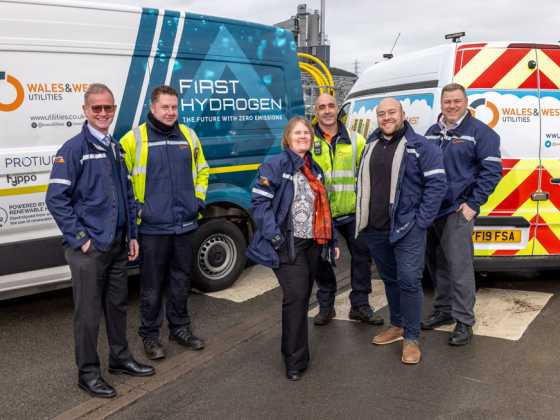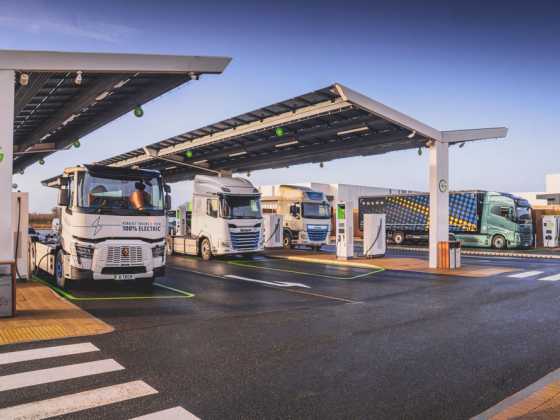The skills needed in the EV space

There is an opportunity for huge growth in the EV sector and with-it, long-term, secure, green jobs. Matthew Adams, transport policy manager at the REA discusses the skills that the UK is going to need as we electrify our fleets
Fleet electrification is currently where the largest demands for EVs are and as more fleets begin to electrify, we are going to see growing demand for certain high skilled job areas.
Our report ‘Charging Forward to 2030’ touched on some of these, where we did a deep dive in to the common themes drawn out by some of the most recent skills gap analysis to date. In the EV charging space, it is clear that chargepoint engineers, and battery engineers are going to be two of the major areas for job growth going forward.
Harnessing existing skills
Chargepoint engineers install chargepoints at fleet sites and may also cover the maintenance aspects too. As we are starting to accelerate chargepoint deployment, we will need to start thinking of where skills in the existing job market may overlap and re-skilling could be manageable. The industry and government do not currently have a strategy in place for harnessing the passion we see in young people today for net zero and the job opportunities we can see in this space. So, while we await further intervention which will see a future proofed skills pool, when businesses start to face difficulties in recruitment, we need to think about tailored upskilling programmes to harness the existing talent we already have in the UK.
A similar argument could also be made for battery technicians, who will be crucial for keeping fleet vehicles on the road. We are already hearing from some companies that the wait time for battery servicing and EV servicing more generally are keeping their vehicles off the road for longer than would be ideal. So, we need to think also about where existing skills could be and quickly getting people trained. I recently visited a college who are doing net zero courses including in EV battery servicing, and they informed me that the training could easily be applied for upskilling as well as young adults looking to enter the workforce.
Employers should be looking at the market, seeing significant growth possibilities and seizing the opportunity. Bespoke EV servicing will become in demand more each year, as will battery manufacturing. This is why it is important that car manufacturers also look to protect their existing work force who might be expert engine mechanics and think about offering reskilling opportunities towards becoming battery technicians so their workforce can transition alongside the growing future ZEV Mandate sales targets.
Capturing the passion for net zero
One thing we can do better on as an industry and more widely in government is looking at how we can ensure that young adults seeking work for the first time are equipped with the right skills to quickly enter the workforce.
EV charging and EV maintenance are clearly two areas where such work could be done.
I would encourage industry firstly to look at taking young professionals who are already out in the field and allowing them the development opportunity of going out for one day a month to speak to schools, colleges and universities about the exciting work they already do. There is nothing worse from my memories of college than careers fairs where there are seemingly very few attractive options for people interested in net zero and the climate and often many recruiters are not fresh to the sector which can be alienating. Having someone that is a similar age talking about their journey can be far more powerful and easier to replicate than trying to copy someone who entered the workforce 30 years ago when the industry looked completely different.
For government too there is an opportunity to help meet their net zero targets and the 300,000 public chargepoint installation target they have set by starting a Green Jobs Campaign as we suggest in ‘Charging Forward to 2030’, which can start the process of making net zero skills a core value in the education system.
This campaign could take many shapes and it is clear that each renewable technology, whether it is EVs or solar and battery storage will have different bespoke courses. The important element therefore is that employers and industry with the Department for Education and academic institutions come together and look at ways to offer training, thus building a clear pathway for young adults to discover and access these courses.
I would urge readers therefore not to think of the EV sector as one of a skills gap but of a skills opportunity for fleet operators to begin developing future talent and harnessing the extra value that will bring.






